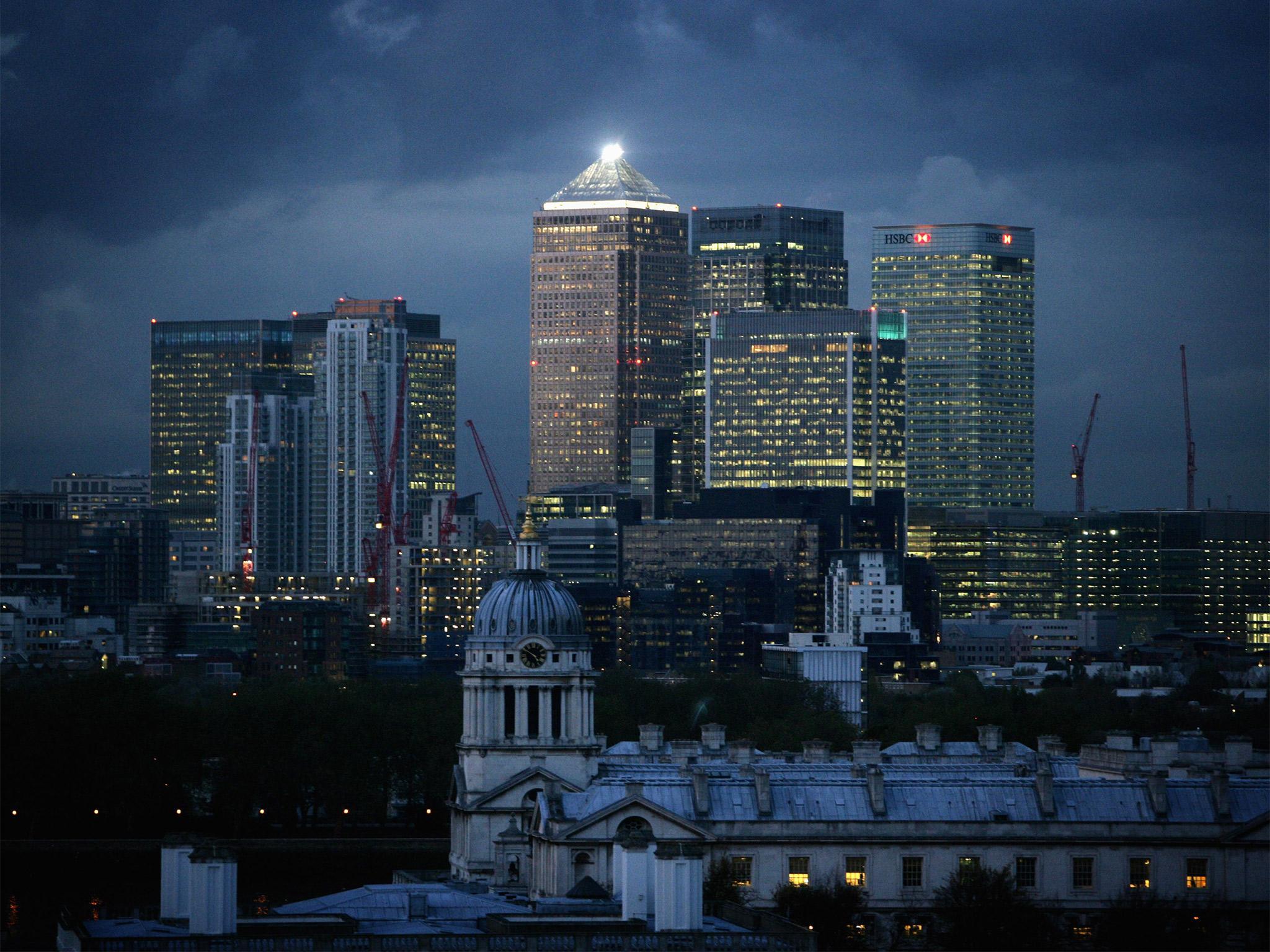Don’t like the power of big banks in Brussels? Don’t vote for Brexit, blame the British government
From backing TTIP to watering down rules that would restrain gambling on basic foods, far from representing the British people in Brussels, the government acts as mouthpiece for the City

Your support helps us to tell the story
From reproductive rights to climate change to Big Tech, The Independent is on the ground when the story is developing. Whether it's investigating the financials of Elon Musk's pro-Trump PAC or producing our latest documentary, 'The A Word', which shines a light on the American women fighting for reproductive rights, we know how important it is to parse out the facts from the messaging.
At such a critical moment in US history, we need reporters on the ground. Your donation allows us to keep sending journalists to speak to both sides of the story.
The Independent is trusted by Americans across the entire political spectrum. And unlike many other quality news outlets, we choose not to lock Americans out of our reporting and analysis with paywalls. We believe quality journalism should be available to everyone, paid for by those who can afford it.
Your support makes all the difference.The growing power of big finance is one of the least attractive aspects of the EU. So remember, the British government has been the main backer of this financial takeover. In fact, ironically for those thinking of voting ‘no’ this week, the referendum itself has only helped embed the power of the City of London in Brussels.
A report by the Brussels-based Corporate Europe Observatory last week showed how “from the day a ballot on UK membership was first announced by David Cameron three years ago, the financial sector has sought and won significant lobbying victories” as Brussels bureaucrats and politicians kowtowed to the City of London in order to keep Britain happy ahead of this week’s vote.
We shouldn’t be surprised. Nearly every act of the British governments in the EU suggests that far from representing the British people in Brussels, they actually act as mouthpiece for the City. ‘George Osborne makes shielding City priority in EU talks’ was the summary of the Financial Times last September when announcing the Government’s pre-referendum renegotiation. Osborne got his way, which is why those who want real reform in the EU, such as Spain’s Podemos party, opposed Cameron’s renegotiation.
After the financial crash, it was the British government that led the fight against caps on bankers’ bonuses, supported only by Ireland. Britain also blocked proposals for an EU-wide financial transactions tax, a measure which would reduce speculation in the financial markets, and act as a tax for redistributing financial profits. In fact, the British government even tried to stop Eurozone countries pressing ahead with this tax, trying unsuccessfully to challenge their right to do so in court. So much for national sovereignty.
When it comes to the controversial US-EU trade deal known as TTIP (the Transatlantic Trade & Investment Partnership), Britain has been the strongest advocate of including financial services, backed by the City UK lobbying group. Putting finance in TTIP will help banks get round Obama’s more stringent financial regulation in the US and make it even more difficult for governments to take action which would prevent a future crash.
When MEPs worked to end food speculation two years ago, given the hardship it was causing to millions of people around the world, it was Britain that fought tooth and nail to oppose it, succeeding in watering down rules that will restrain gambling on basic foods. In another case, Britain took legal action against the European Commission when it tried to stop so-called ‘short-selling’ – the financial practice of betting on the fall of prices in the market, a major cause of economic instability.
Tax havens and elite corporate tax avoidance are perhaps the biggest financial impediment to a more equal society. Yet Britain opposes the creation of an EU blacklist of tax havens. No wonder, because according to Christian Aid “a quarter of the world’s major tax havens on a “blacklist” published today by the European Commission are either British Overseas Territories or Crown Dependencies.”
So Britain’s role in making the EU a less democratic place is well established. But in the last three years, the shadow of the referendum has been used, according to Brussel’s based campaigners, to trample on any progressive regulation which might control big finance. The appointment of high flying British lobbyist Jonathan Hill as European commissioner for financial services was a key sweetener to Cameron.
Hill is now overseeing something called the ‘Capital Markets Union’, which threatens to roll-back rules to protect against financial instability. And, as part of his ‘renegotiation’, Cameron’s primary success was to get special decision-making privileges should the interests of banks come under attack. He also made progress pushing a broader deregulatory agenda; music to the ears of the big business lobby. In fact, the EU’s whole ‘better regulation’ (read: deregulation) agenda is a mirror image on Cameron’s own obsessive attack on regulations which upset big business.
In all likelihood, British exit will indeed lessen the influence of big money on Brussels. For those of us who remain in Britain, it will be a disaster. We will quickly discover that it is financial and corporate power, not Brussels, which is the biggest threat to our sovereignty, something which the British government standing alone has little power, and no willingness, to do anything about.
Meanwhile, if we do vote to stay on Thursday, we need to stop letting our government hide behind the bureaucracy of Brussels. We don’t elect our government to be a paid lobbyist for the City of London.
Join our commenting forum
Join thought-provoking conversations, follow other Independent readers and see their replies
Comments